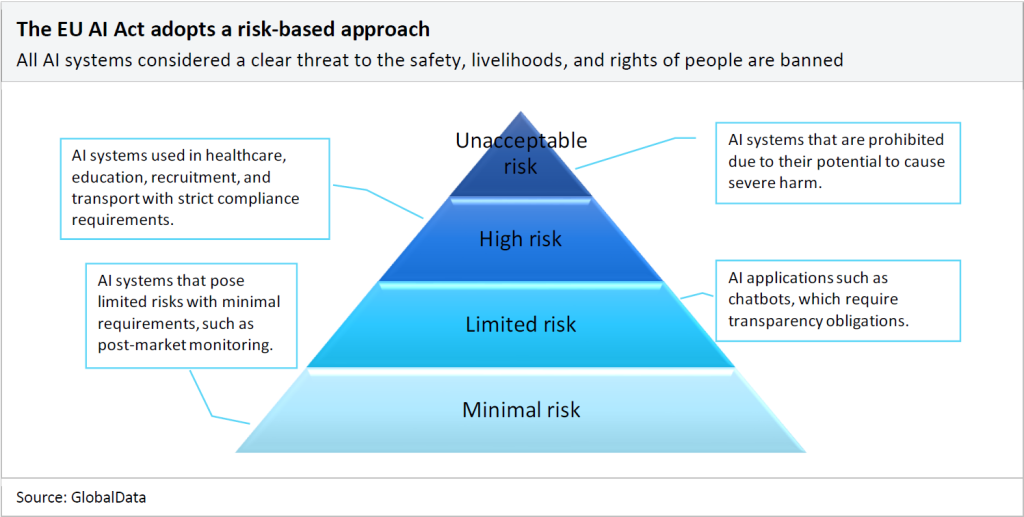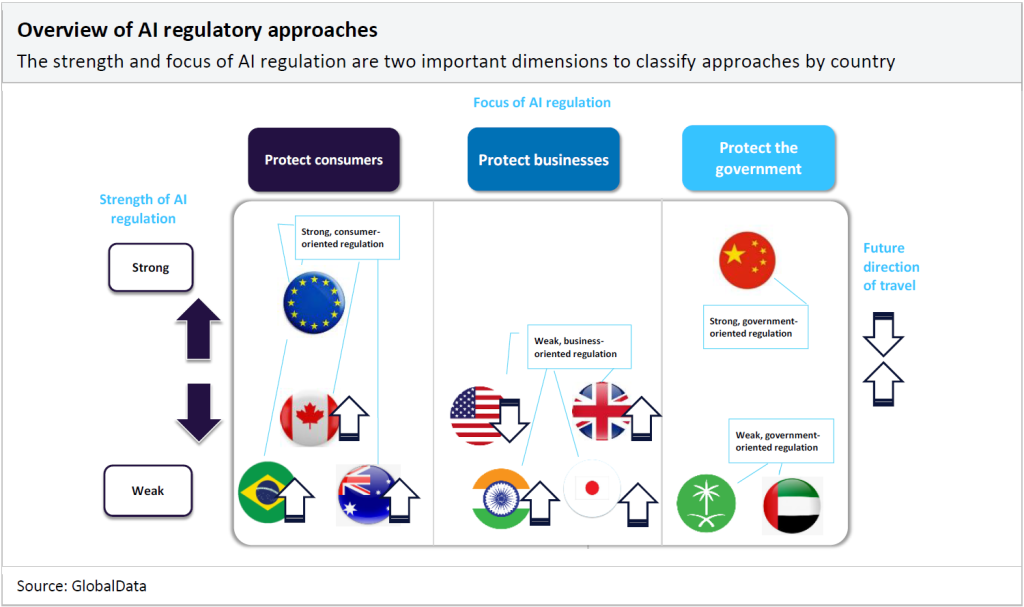
Hours before US Vice President JD Vance claimed on Tuesday (11 Feb) that regulations on AI like those in Europe could kill the industry, a new report was published stating conversely that: “There is no trade-off between AI regulation and innovation.”
Speaking at the AI Action Summit in Paris, Vance said on behalf of the new Trump-led government in the US: “We believe that excessive regulation of the AI sector could kill a transformative industry just as it’s taking off and will make every effort to encourage pro-growth AI policies.”
He added of the EU’s legislation for preventing illegal and harmful activities online and the spread of disinformation: “Many of our most productive tech companies are forced to deal with the EU’s Digital Services Act and the massive regulations it created about taking down content and policing so-called misinformation.”
AI regulation approaches
Vance’s comments should be taken within the context that the new US administration is taking an ‘America First’ protectionist approach to global relations and is a frequent source of misinformation.
Like its Digital Services Act, the EU’s AI Act, which came into force in August 2024 and will be fully applicable by 2026, will be relevant for US companies working with or within the bloc. It takes a risk-based approach that classifies AI systems based on predefined categories – minimal or no risk, limited risk, high risk and unacceptable risk – with a view to prioritising safety.

Of the specific claim that regulation could kill the AI sector, GlobalData’s The Global AI Regulatory Landscape report, released shortly before Vance’s speech, states: “The common challenge of the different approaches is ensuring regulations remain relevant to a technology that is evolving quickly while not hampering innovation. However, there is no evidence that a higher level of regulation is detrimental to innovation, as both the EU and China are key players in AI while also shaping the AI regulatory agenda.
“What is true is that legal certainty is paramount for companies that need to make investment decisions on AI, and a lack of regulation could discourage investments in the long run.”

Despite these points – and in contrast to the likes of China, the EU, India, Japan, Canada, Brazil and New Zealand – the report acknowledges that the US is now on a path toward deregulation. It notes that an executive order signed by former President Joe Biden in 2023 was an attempt to give the country a unified national strategy but that it was repealed by Donald Trump on the first day of his second term in office in January this year.
A subsequent executive order signed by Trump two days later titled Removing Barriers to American Leadership in Artificial Intelligence is described by the report as “largely aspirational national policy on AI, the specific details of which are far from clear.”
As a result, the US’ regulation of AI is described as fragmented, with various federal agencies and some states independently developing policies.
Investment need for AI regulation
Of the significance of this, Laura Petrone, principal analyst for strategic intelligence at GlobalData and author of GlobalData’s The Global AI Regulatory Landscape report, commented: “Even though the Paris AI Summit didn’t primarily focus on AI safety, that doesn’t mean safety issues have disappeared from the AI debate.
“Europe is setting the agenda on AI safety. It is developing standards to implement risk management for AI systems as part of the EU AI Act, which introduces safety requirements that companies must meet before placing an AI product on the EU market. These standards are very important in helping companies assess and mitigate risks from their AI products.
“As the US heads towards deregulation on AI, it will likely miss out on being part of this conversation. As it withdraws from AI governance, other countries, including China, will assume leadership positions.”



